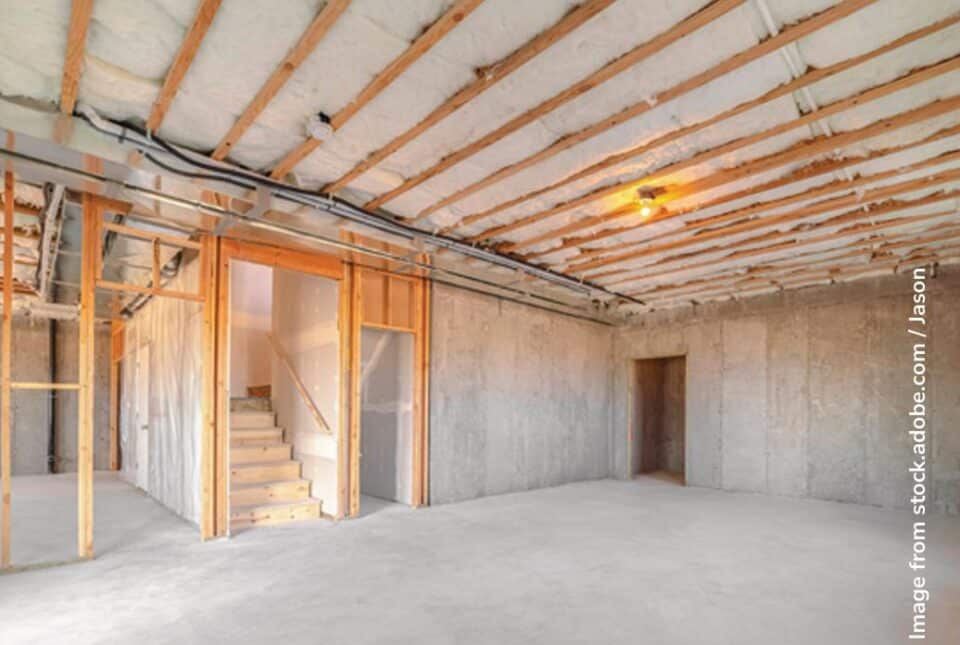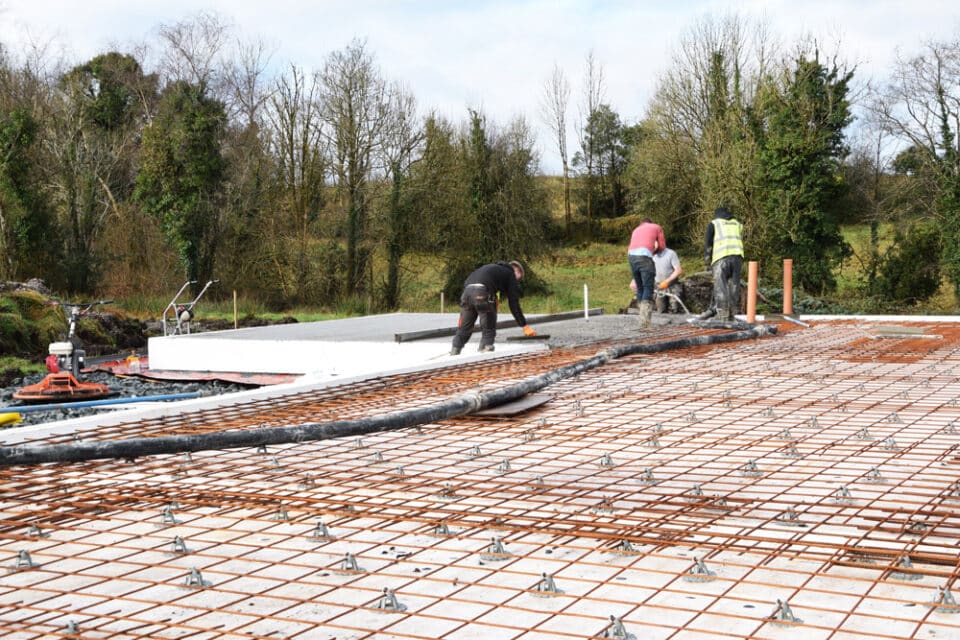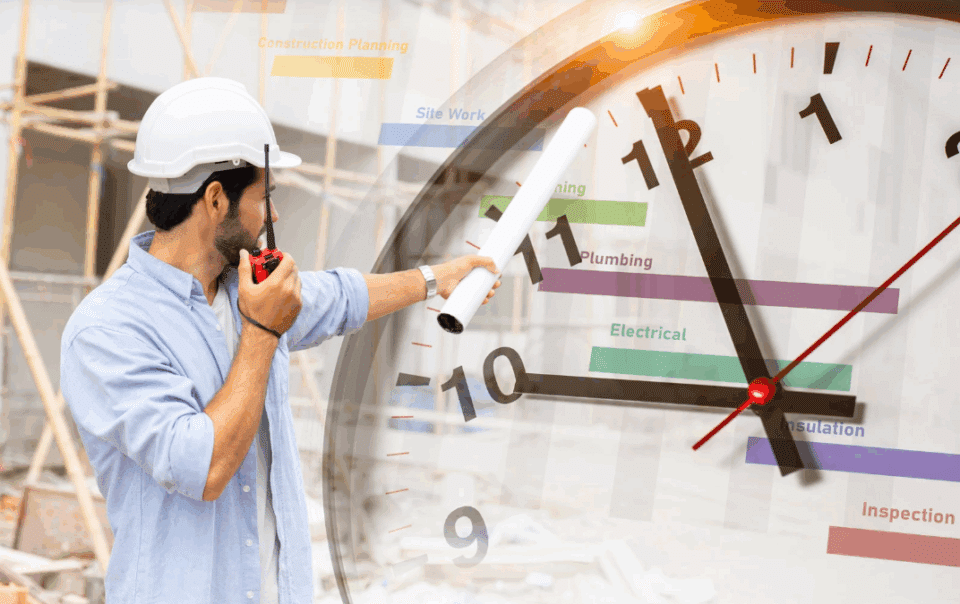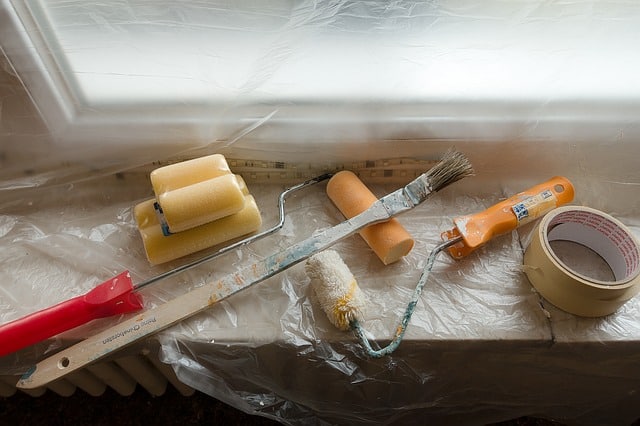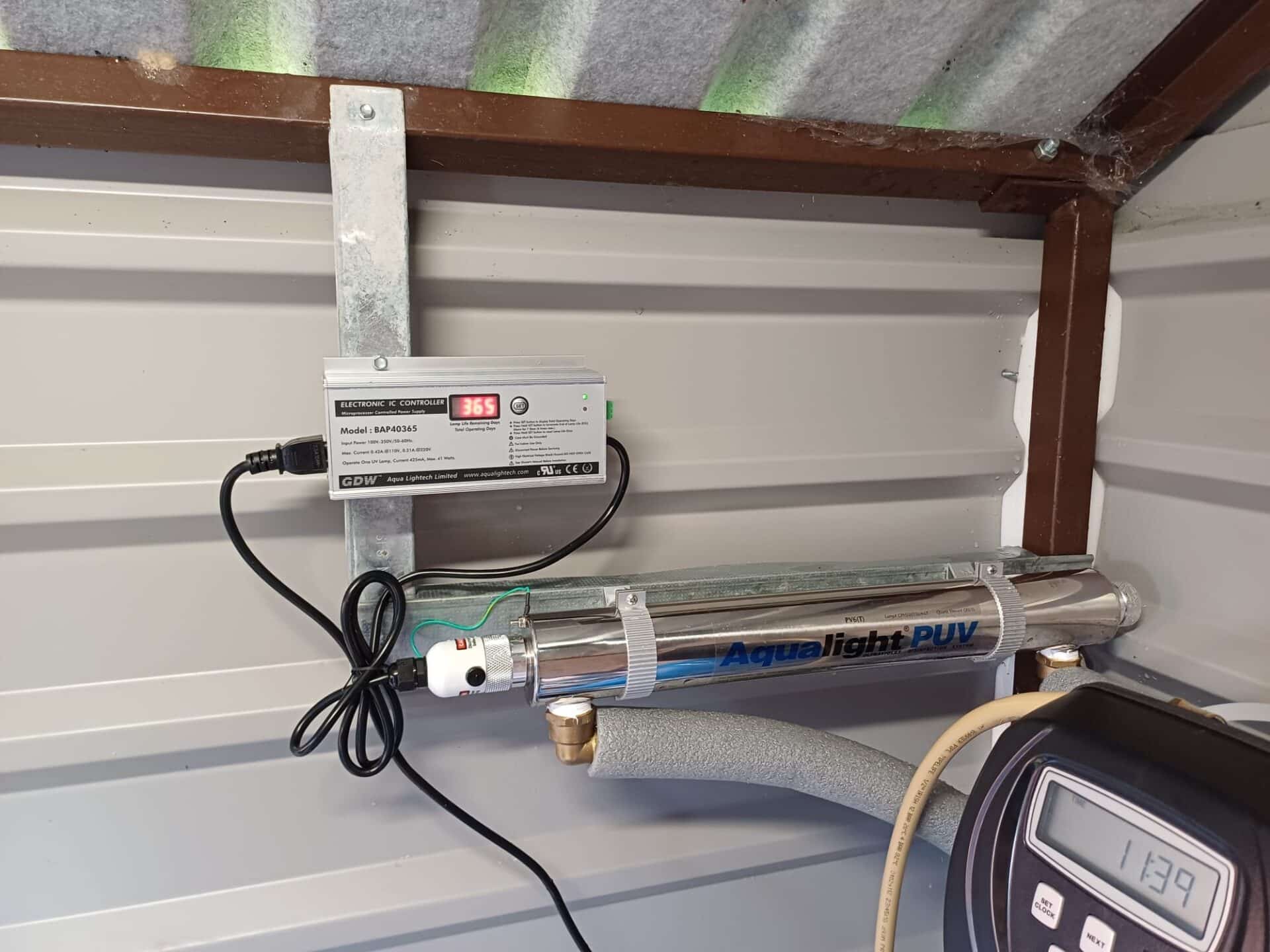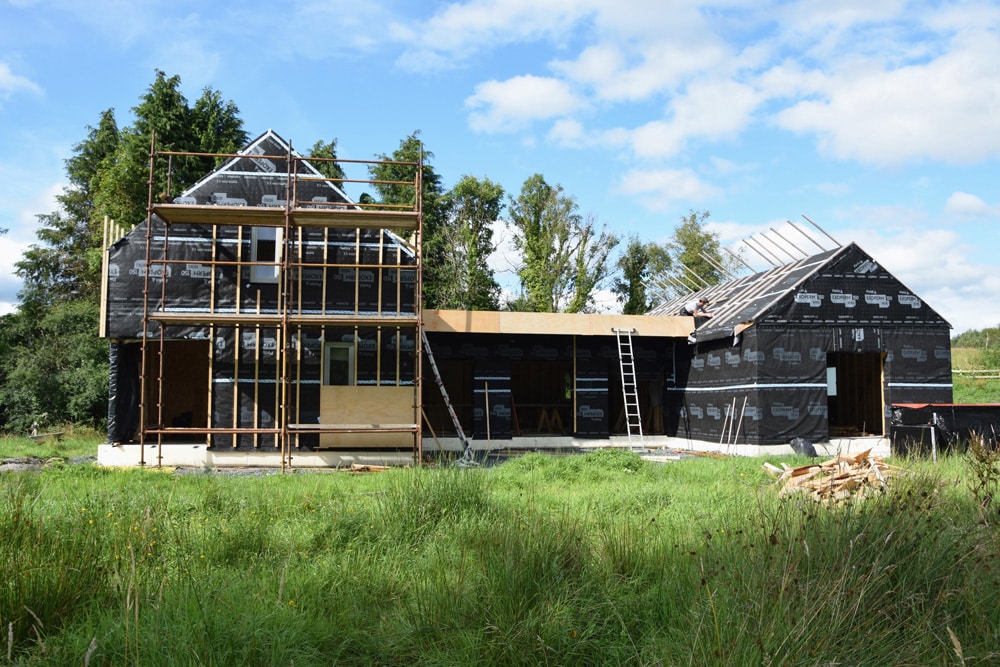**This Q&A appeared in the Winter 2014 edition of Selfbuild magazine.
What are the key stages?
The key stages will be identified by the assigned certifier using his experience and common sense to analyse the risks.
The monitoring clearly needs to be targeted where things commonly go wrong, the best example being the foundations, and detailing of the trickier design elements such as dormers which historically are a part of our landscape but are prone to leaks if not carefully built. Even builders with experience will find some of these elements challenging so the assigned certifier needs to make sure the drawings are being followed and the element built to spec.
Engineers tend to be more conservative in design and unlikely to opt for something novel in terms of building technology while architects seem to more willingly embrace new elements or materials that builders may not have had previous experience with. New materials do not always live up to expectations. New systems are more prone to going wrong and such stages may need closer monitoring.
Who will take on this role? Will a new breed of consultants emerge?
The assigned certifier will usually be an architect or engineer and will have professional indemnity insurance. However the appetite to take on this role may well depend on what other work they have going on. In the Cork and Clare areas, engineers often act in the same way as architects do in Dublin and other parts of the country and they are likely to take on that role in those areas. However I am not sure engineers practising as consulting engineers would have the inclination to do so or that that many architects may want to do so either. For example in Dublin a great many architects will not take on house surveys which is a tricky line of work.
Builders
According to the statutory document s/he must sign, the builder must attest that s/he will only hire people who are competent – does this mean all of the people s/he hires to do the job, from day labourers to carpenters and window suppliers, will have to be on the CIRI register?
No. The clear intention of the regulations is that a builder will be employed who will then deal with the specialist sub-contractors, i.e. electricians, joinery, etc. The builder bears the responsibility to hire competent people, which he undertakes to do when he signs the statutory form which states that he undertakes ‘to ensure that any persons employed or engaged by me to undertake any of the works involved will be competent to undertake such work’.
If the builder or one of the persons s/he has employed or engaged didn’t build the house to the stated standards, what repercussions could this have?
If a builder does not build to the standards provided for in the drawings and specification then he could find himself liable for damages for the cost of making good the deficiency. Remedial work seems to be ten times more expensive than getting it right in the first instance so this will be a severe sanction – but only if the builder is still in business.
Self-builders
If a property owner wants to hire the different tradesmen him/herself, how would you advise them to go about it? Will they have to hire a builder who then deals directly with the other trades, e.g. timber frame company, plumber, electrician, etc.?
If the government introduce the requirement that any builder must be a registered builder then any person who undertakes the role of a builder will have to satisfy the registering authority as to their competence.
In the meantime a property owner who wants to build his own house will have to certify that he is a competent builder and then retain the sub-contractors to carry out the specialist modules of the house and its infrastructure. I do not think that the sub-contractors would have to be registered on CIRI but a prudent self-builder should take care to employ sub-contractors who are competent.
If a homeowner wants to do some of the work him/herself, can this be accommodated?
I see no reason why a property owner who wants to do a lot of the ‘grunt work’ himself cannot be accommodated but this would depend on having worked out the arrangements with the assigned certifier. I would expect that the assigned certifier would be likely to insist on increased monitoring if anything other than ‘grunt work’ was being carried out by an amateur.
The Law Society practice note on the new regulations, which you in large part helped write, states the following:
“[Before CIRI becomes mandatory] a self-build owner will have to be willing to complete forms as indicated above and to find an architect, engineer or surveyor that is willing to undertake the task of acting as an assigned certifier – in most cases for a person with no experience acting as a ‘builder’. Doing so will clearly increase the risk for the architect, engineer or surveyor, and such professionals would be best advised not to undertake such a role in this sort of situation.”
If an architect or engineer has plenty of good work why would they undertake jobs where there is likely to be more risk, a greater degree of monitoring and perhaps also do the work for fees which are unlikely to be high? But in my opinion, for the immediate future there will still be architects and engineers who will take on the role of assigned certifier for self-build projects. They will be unable to price the job much higher than a standard build despite the higher risk because there will always be someone else willing to do the job for less. What will happen is they will take more precautions, carry out more visits and work much more closely with the owner.
Would you advise assigned certifiers to certify self-build projects (both hiring direct labour and projects where the owner wants to carry out most of the building works) and if they choose to do so, how would you advise them to go about taking on such a project?
I would not try to advise an assigned certifier not to get involved as such in a self-build project (including one where the property owner was going to carry out most of the building work). I would urge a prospective assigned certifier to take extra care in assessing the extent of the property owner’s knowledge of building technology and try and structure an inspection plan to ensure insofar as possible that the crucial stages of the building project are checked at the correct time.
I would also advise such a professional to write a clear firm letter setting out exactly what he expects from the property owner and arrange for a face-to-face meeting at which any points requiring emphasis can be most carefully discussed and clarified if necessary.
I would also advise the assigned certifier to make sure that he was also satisfied with the track record and apparent competence of sub-contractors and on whose certificates he would be relying to make sure that everyone understood what responsibility they were taking and what certification would be required from them.
I would emphasise the need for such care because the prospects of the building project being finished and the assigned certifier being unable to sign the completion certificate is an appalling vista. Every care should be taken to see that this should not happen and the assigned certifier must take every step necessary at the very beginning to ensure s/he will be confident in signing the completion certificate. Everything must be geared towards that.
What happens if the assigned certifier feels s/he’s not in a position to sign the completion certificate?
It will be a complete mess! The assigned certifier is likely to be sued by the property owner and if they haven’t flagged the issue in advance in writing, they could run into trouble. A great deal depends on how good the assigned certifier’s paperwork is. I have outlined above a suggested level of care and that does not always happen with building projects.
When CIRI eventually becomes mandatory, will that herald the end of people having a direct involvement in building their own homes?
According to the legislation, if the register is mandatory then the builder will have to be on the register, so unless the owner is able to get on the register (among other things, the requirements include having previously worked on three projects) they will not be able to sign the statutory forms. Even if they were willing to sign the statutory forms I doubt that they would be able to get an assigned certifier to work with them. What this implies is that the owner will have to appoint a builder other than himself.
It seems that the government forgot to factor in self-builds and are trying to find a way to bring them back into the loop. How can they do that?
The Department could decide, when introducing legislation to make CIRI mandatory, to exempt one-off houses from needing to have a registered builder. Clearly they are unlikely to row back from the need to have the other certification and monitoring of the house by an assigned certifier. They could also require self-builders to only hire sub-contractors from CIRI. That however is pure speculation! I can imagine it becoming an election issue.
**This Q&A appeared in the Winter 2014 edition of Selfbuild magazine.


